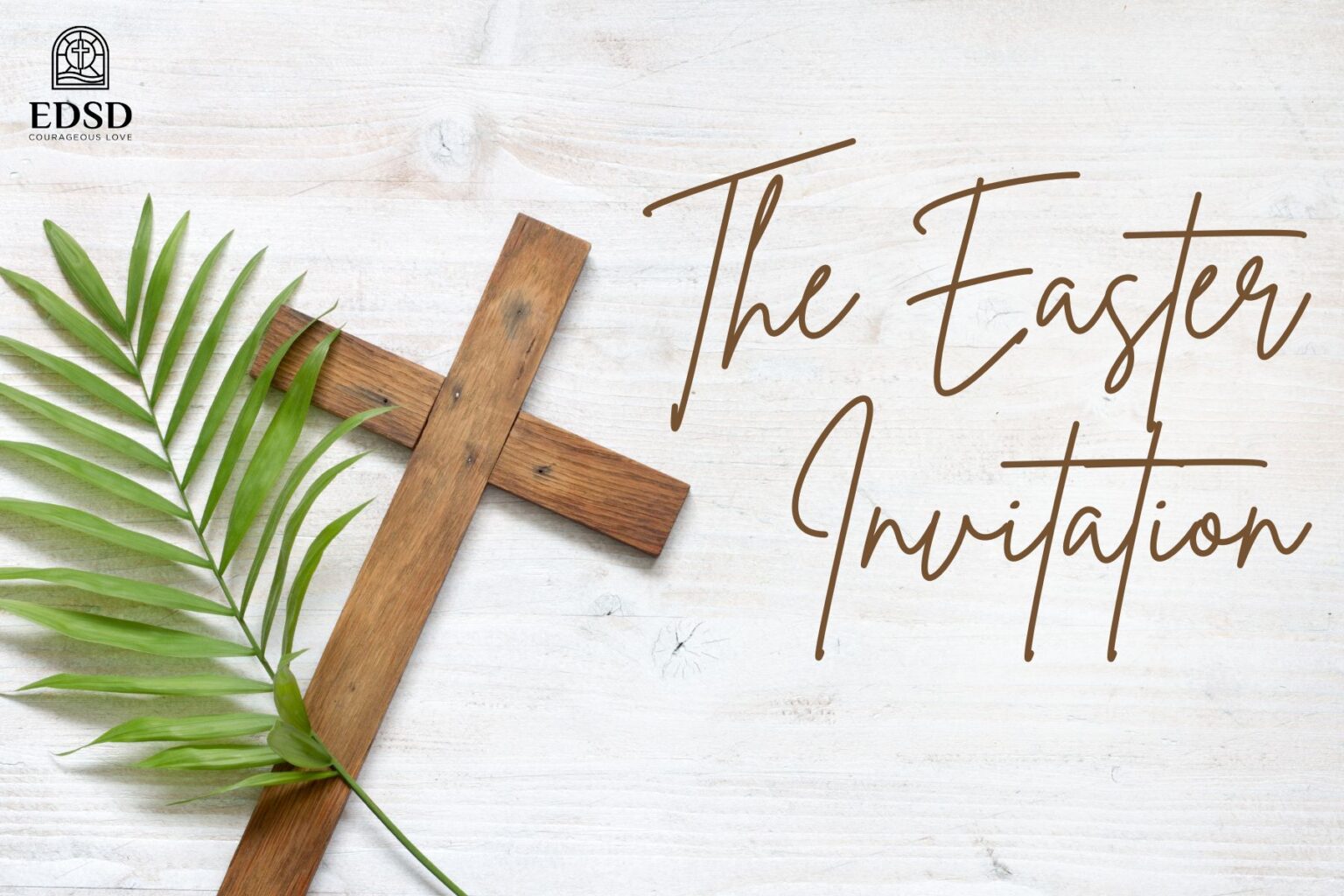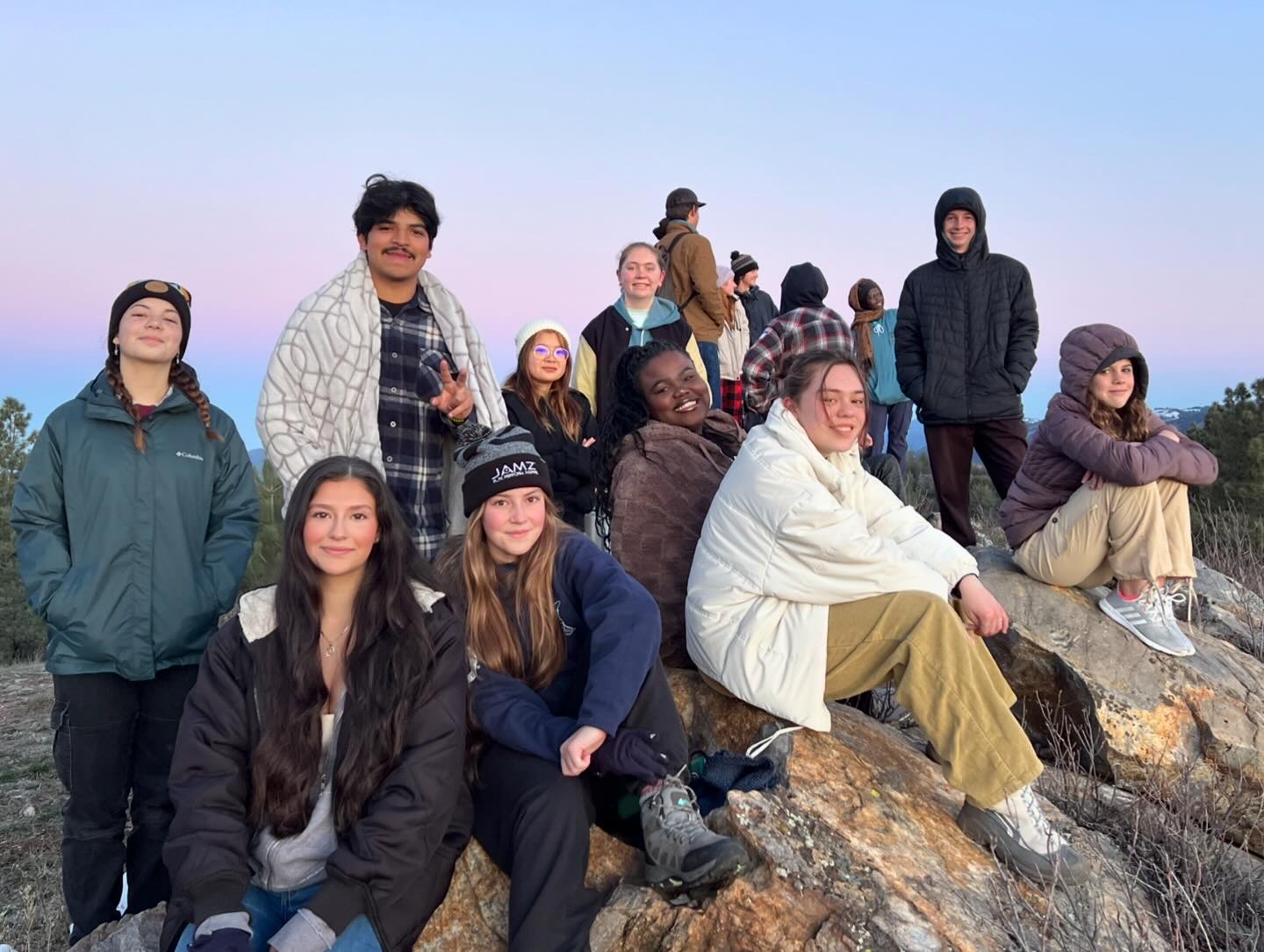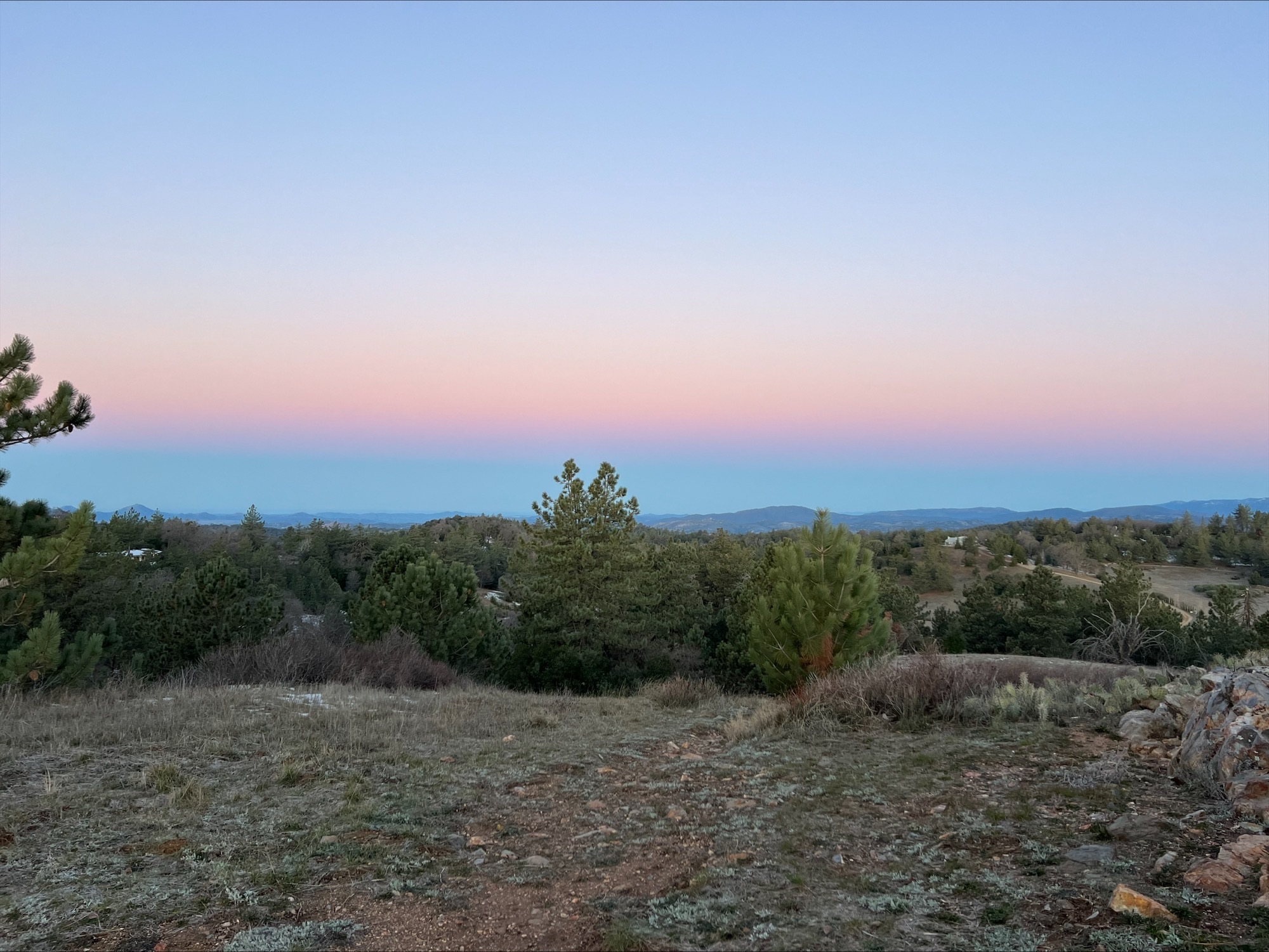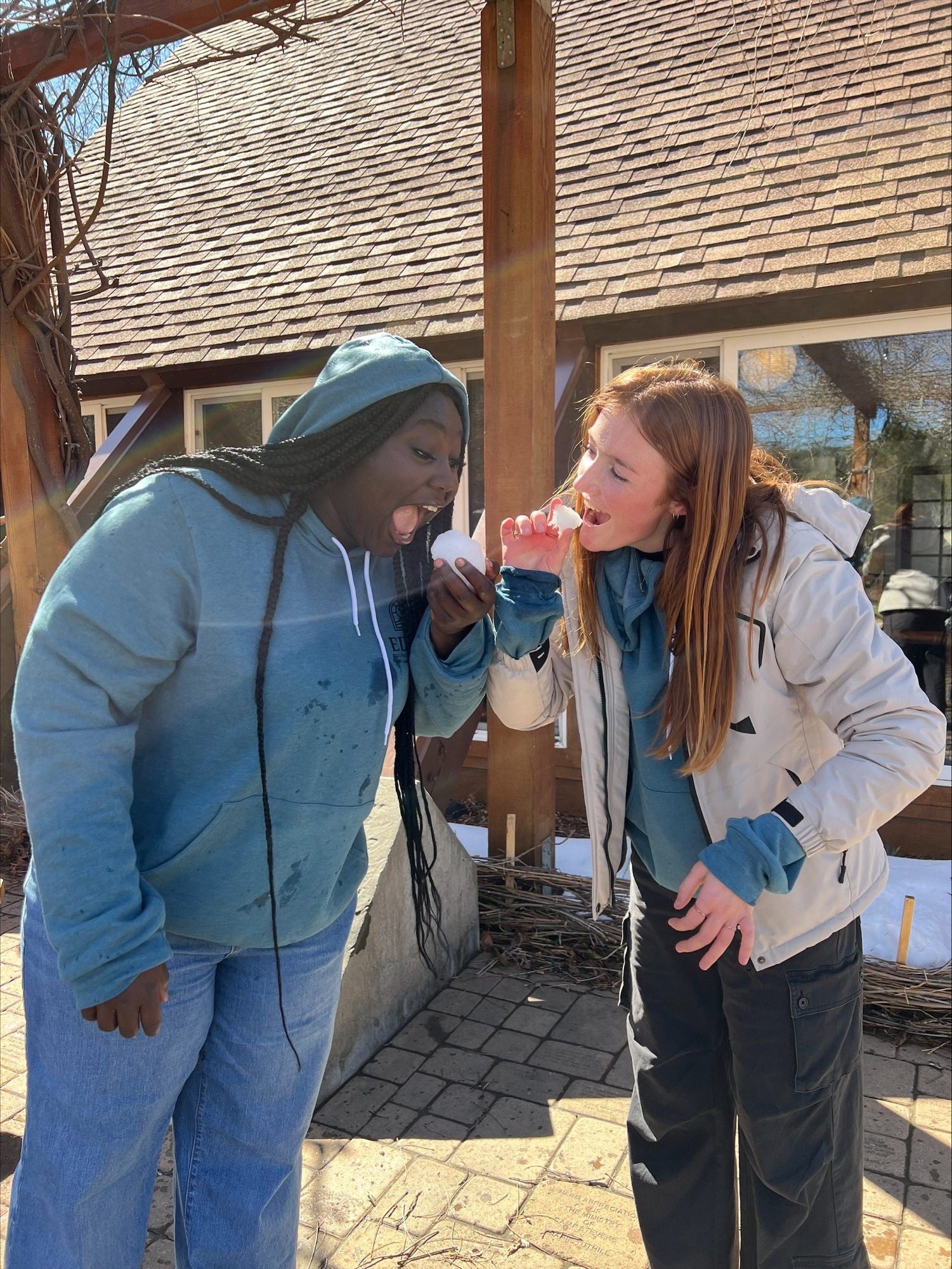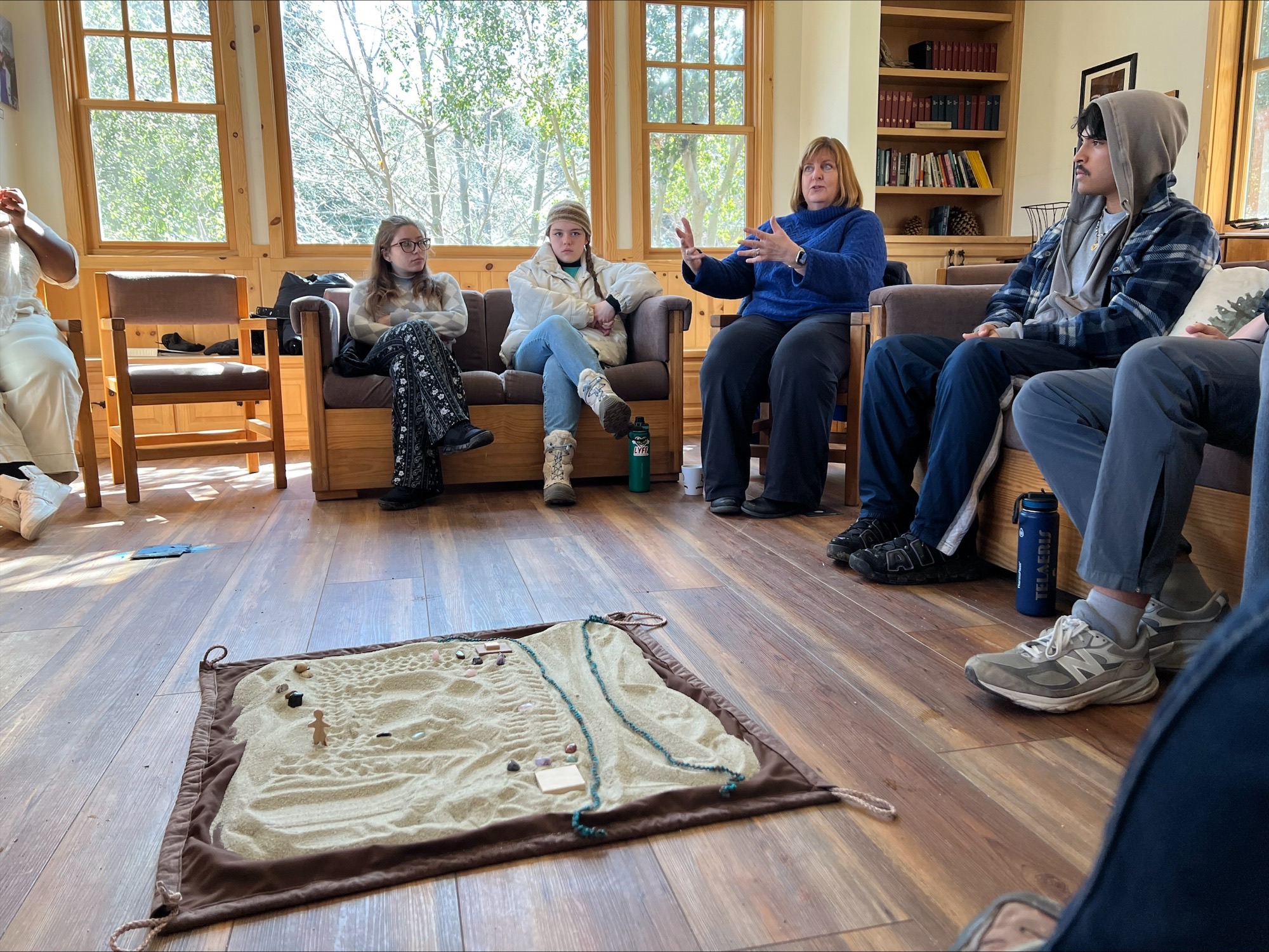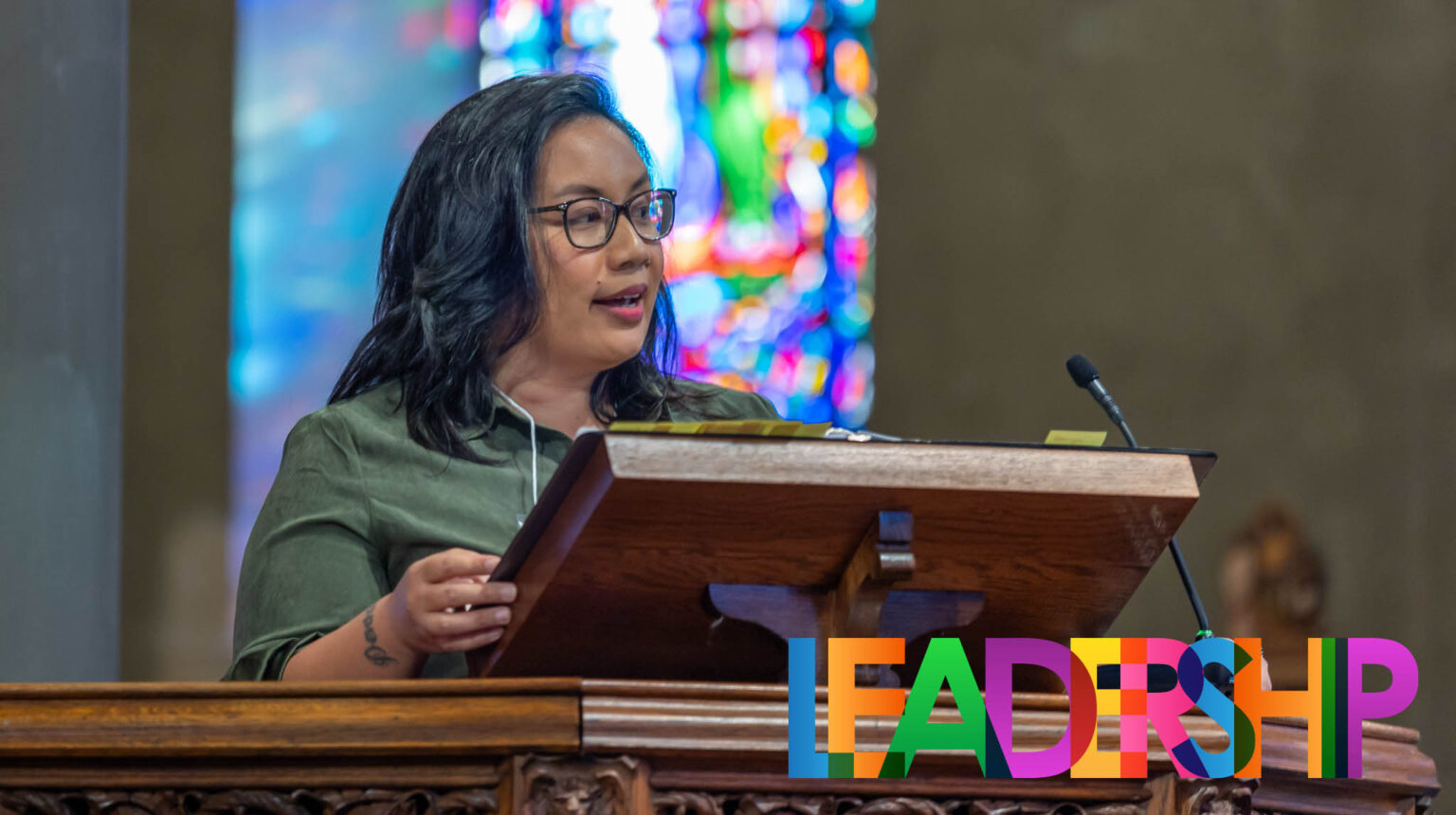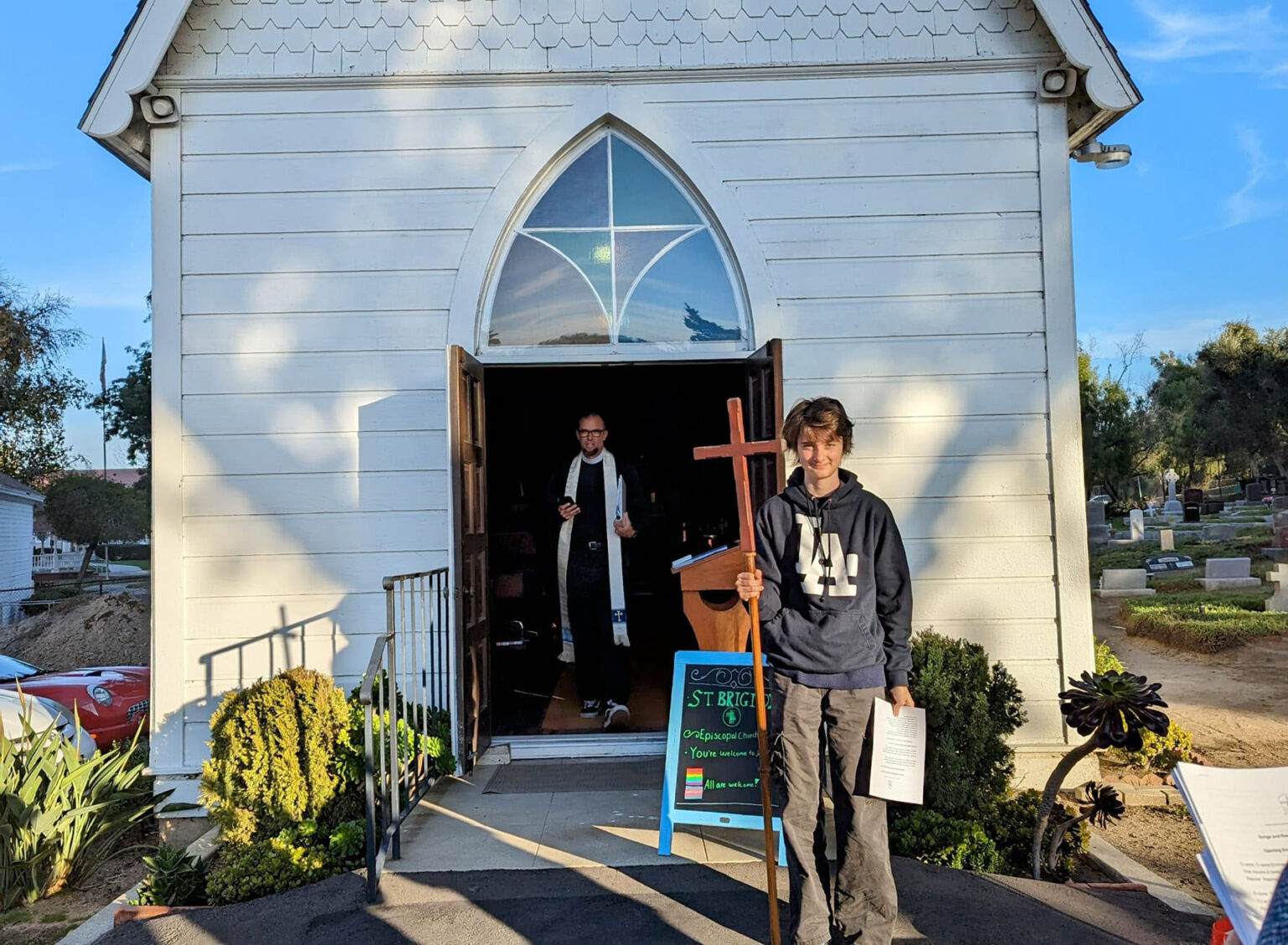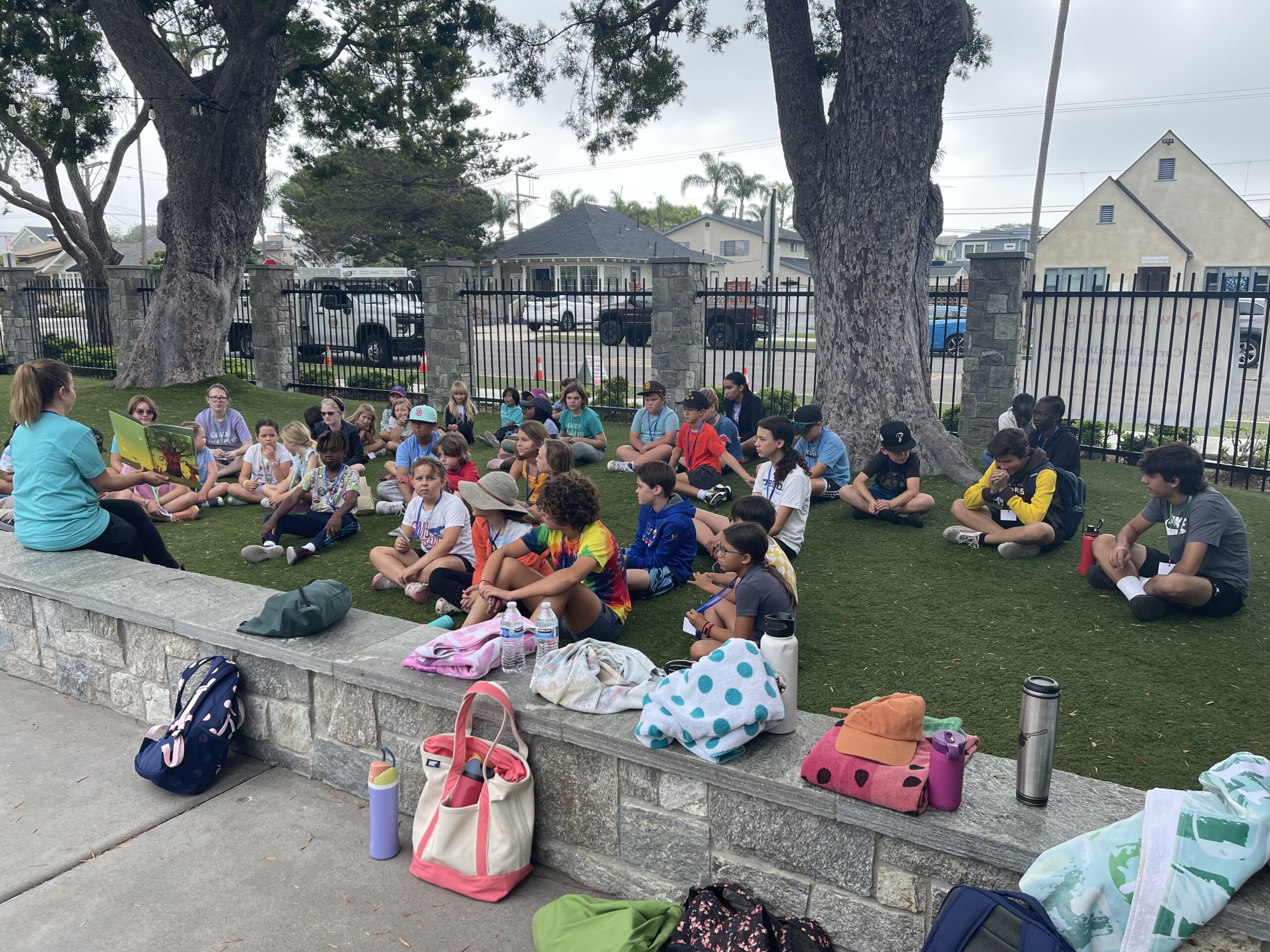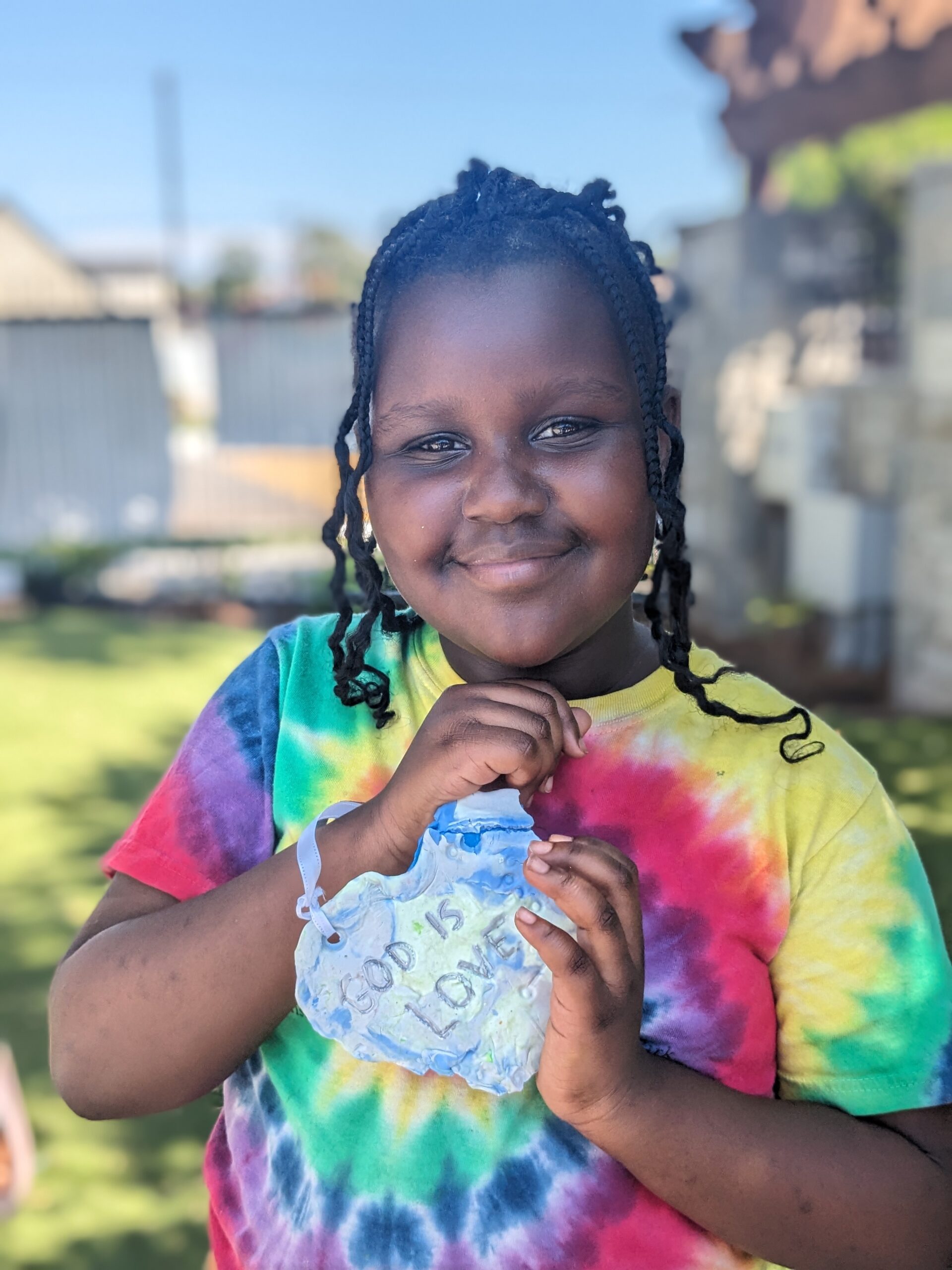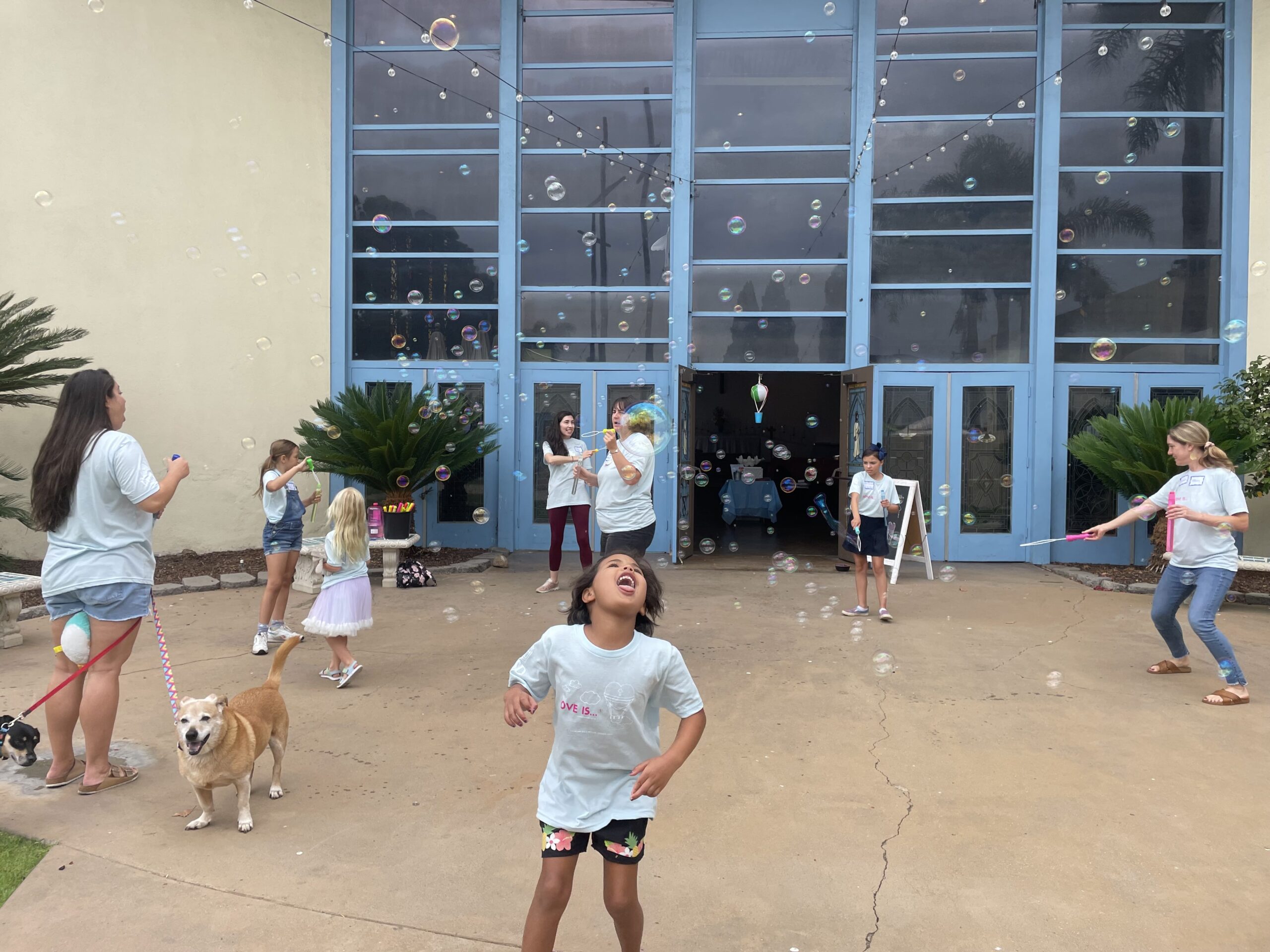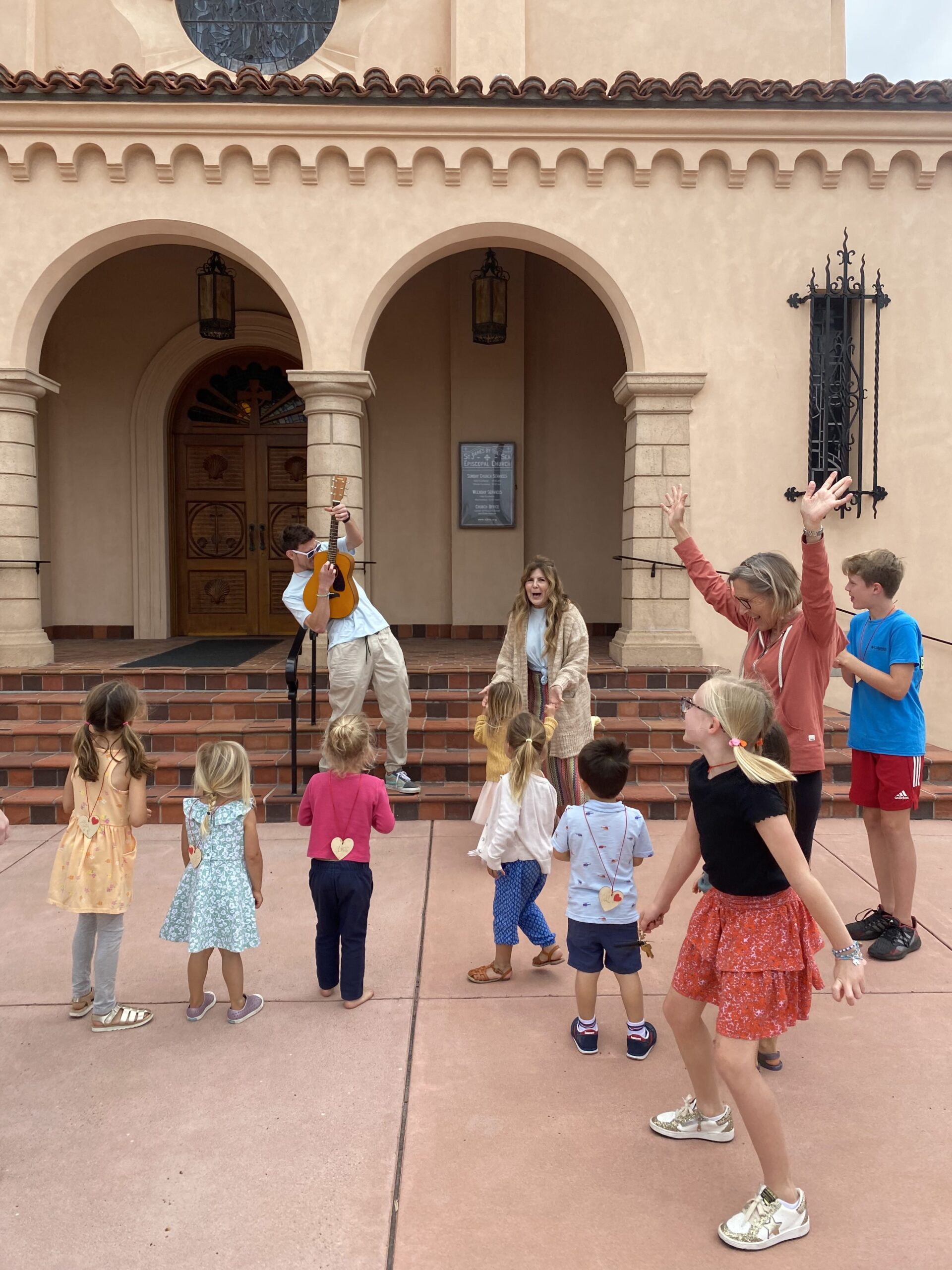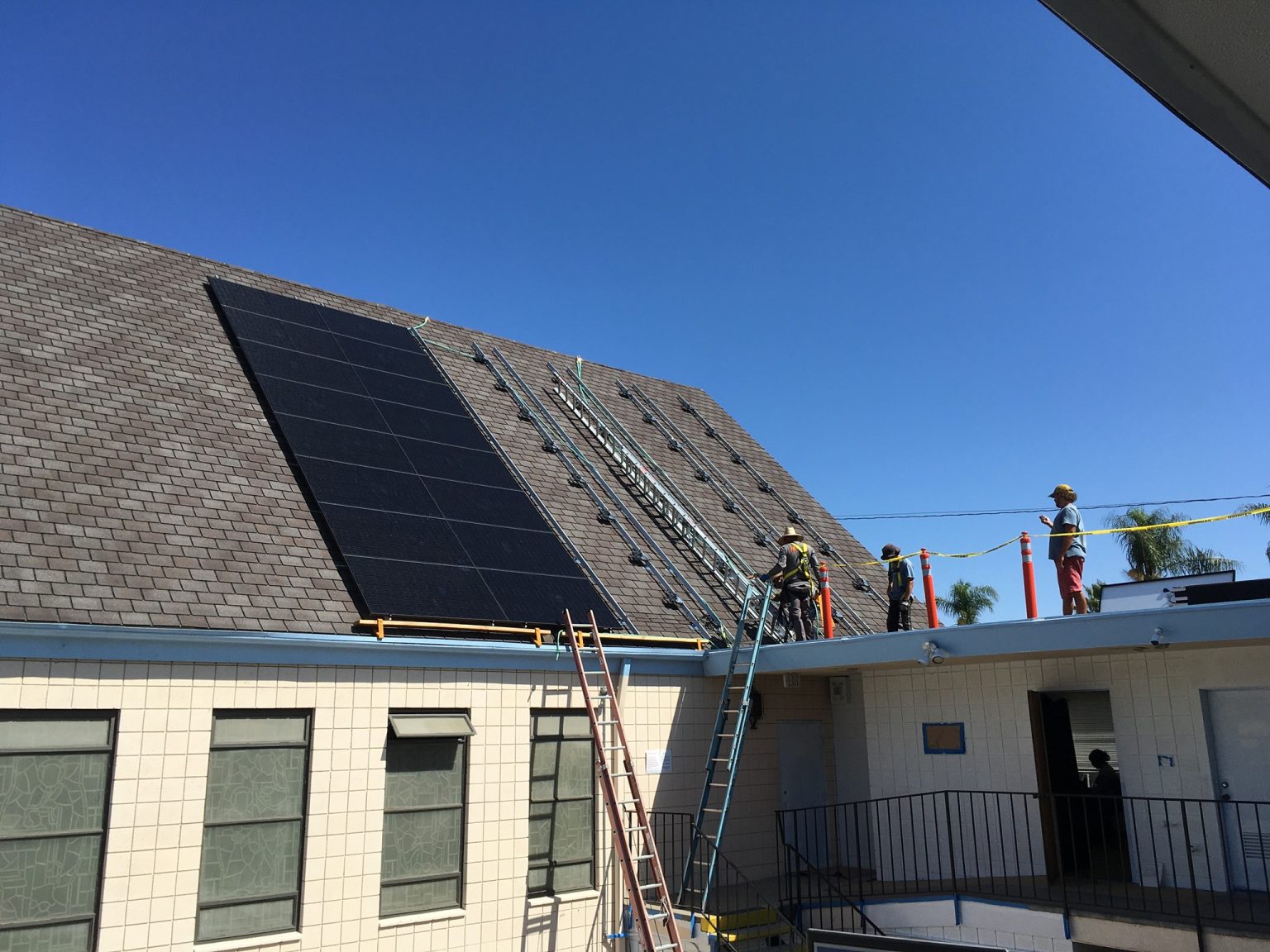The Easter Invitation Recap
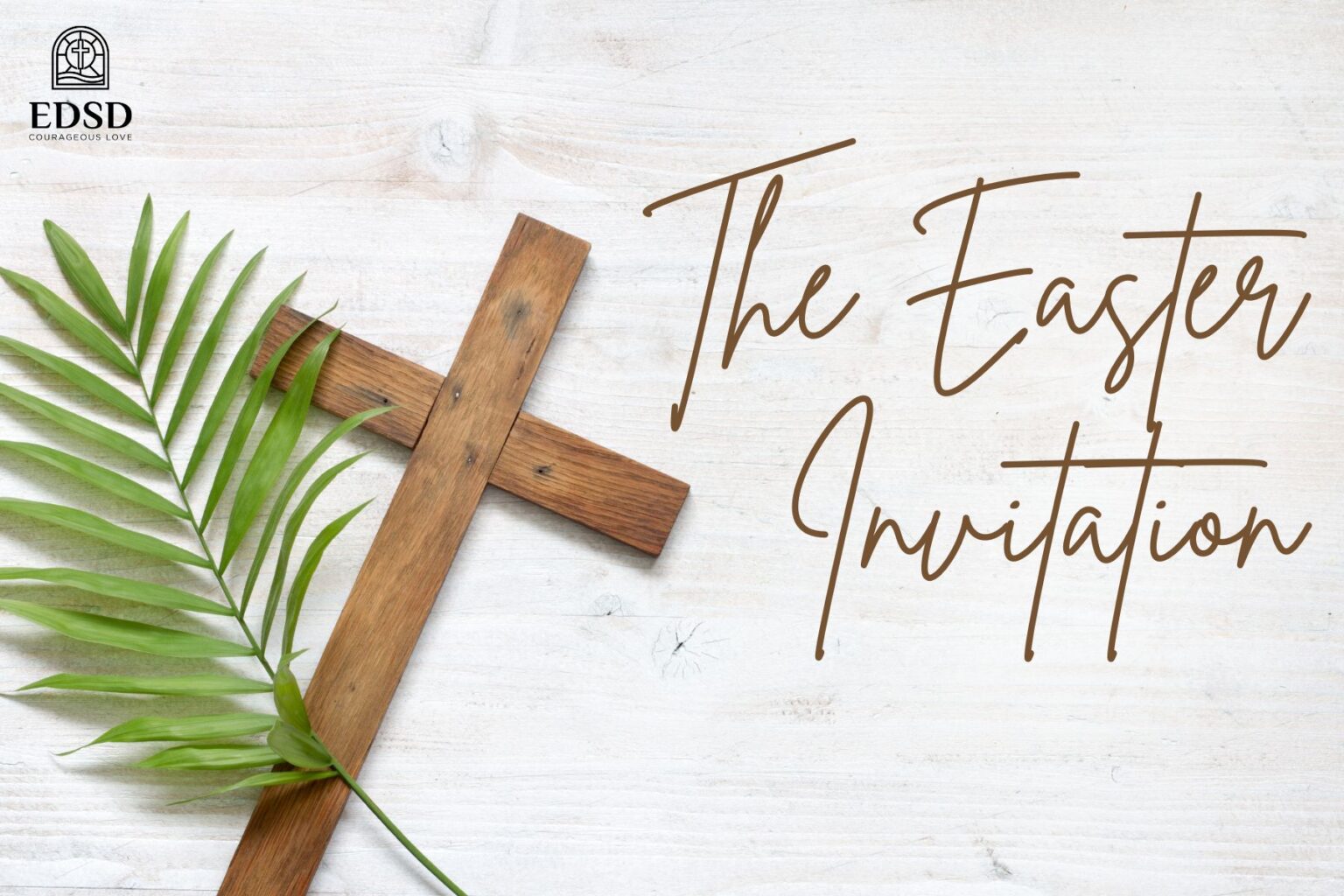
Easter Sunday is the pinnacle of the church calendar. It is the moment that the world is rewritten, death is overcome, and love wins. We often welcome our neighbors to Easter with open doors and a promise of community and renewal. But is that enough?
On Tuesday, March 5, dozens of church representatives from 19 congregations attended The Easter Invitation: An Evangelism Refresher workshop led by EDSD’s Canon for Mission Jason Evans, Director of Formation Charlette Preslar, and Director of Communications Chris Tumilty. The 90-minute workshop provided real tools for welcoming and inviting people to celebrate the risen Christ.
Did you know that over 40% of Americans attend church regularly and that over double that number celebrate Easter in some form? Easter can be a starting place for inviting neighbors, friends, family, and maybe someone you haven’t even thought about yet, to your church.
“When you share with others the goodness of God that you have experienced in your faith community, you are doing evangelism,” said Canon Jason Evans.
Extending a personal invitation to church with a tangible, physical invitation—a thoughtfully designed card or a heartfelt note serves not just as an invite but as a meaningful connection that shows your care for them. This is not just about inviting someone to a place of worship; it’s about sharing a part of your life that brings you joy and comfort in the hope that it might resonate with them too. Share what your church means to you: the deep sense of community and belonging, the sermons that touch on real-life challenges with insight and hope, and the music that moves the soul. And accompanying the person you invite adds sincerity and warmth to the gesture; it shows them their presence is genuinely valued and ensures they won’t feel alone in a new experience.
Shivan Hinman, a member of St. Margaret’s in Palm Desert, said, “I liked how it (the workshop) asked us to look at the bigger future and remember our neighbors…many people would love to attend services but have anxiety about do they belong. Who will I sit with? Will it be different from what I expect? Will anyone talk to me? Will I stand out? I thought the class addressed those fears well…and that the most important thing (for me) to do is attend the church service with the invitee so they don’t feel uncomfortable.
Sharing your good news in 2024 looks different than it might have in past years, but the root is the same–the invitation. Whether it is online or in person, inviting people to your church is sharing what you already love with someone who hasn’t experienced it. Who could you invite from your personal circle of friends and family, or from your neighborhood, or what other opportunities are there to share your good news? Hinman said, “I loved the lady who said that she was going to invite her mechanic. Amen to that!”
Director of Communications Chris Tumilty quoted The Importance of Being Earnest, saying, “Nothing annoys people more than NOT being invited to something.” When we love something, we share it. By utilizing digital tools like social media and your church website, we extend a clean, modern welcome to our broader community. There is amazing value in using your up-to-date church website, social media campaigns, newsletters, banners, and print media to help invite newcomers to church.
We dived into the art of making meaningful connections through digital invitations, emphasizing a personal touch in your communications. A key takeaway was the importance of updating our church website to reflect the warmth and welcoming spirit of our community, ensuring that it serves as a digital extension of our open arms to visitors–making sure your service times and children’s activities are clear and ‘above the scroll.’
Similarly, our approach to social media is guided by the principle of sharing authentic stories and moments from our church life–creating a series of posts that together paint a picture of a community rich in faith, hope, and love. These digital communications are not just about broadcasting service information; they’re about weaving a narrative that invites others into a shared journey, echoing the personal invitation you would extend to a friend.
Director of Formation Charlette Preslar helped us understand how to make people feel welcomed after they arrive on your church’s campus. Whether it is through campus signage, welcome tables, or clean restrooms, taking the time to consider how newcomers experience your space allows us to improve our welcome. It takes a TEAM, this is not just the work of your clergy person but that of the entire community. “This good and glorious team is everyone…this is your church staff, it is your volunteers, it is your ministry leads, it is your ushers, it is the people who pick up your donuts, it is your vestry, and it is active ministry participants,” said Preslar.
Ensuring that your grounds, welcome team, and materials are ready are the key takeaways about welcoming new visitors. Whether it is preparing clear signage around your campus or growing/training your welcome ministry team, preparing to welcome new people to your church is as important as inviting people to Easter.
The Easter Invitation workshop underscored the importance of personal connection, digital engagement, and community readiness in extending our churches’ warmth to others, particularly for the pivotal celebration of Easter. With insights from Canon Jason Evans, Charlette Preslar, and Chris Tumilty, church representatives are now more equipped to make every visitor feel truly welcomed and valued. This comprehensive approach—utilizing personal invitations, digital platforms, and the thoughtful preparation of our physical spaces—ensures our message of love, hope, and renewal is heard and felt more broadly and deeply. As we approach Easter with a renewed passion for evangelism, we’re reminded that our goal is not just to increase attendance but to enrich lives with Christ’s transformative love.
You find a recording of The Easter Invitation workshop and resources for inviting people to church on Easter at www.edsd.org/invite.
